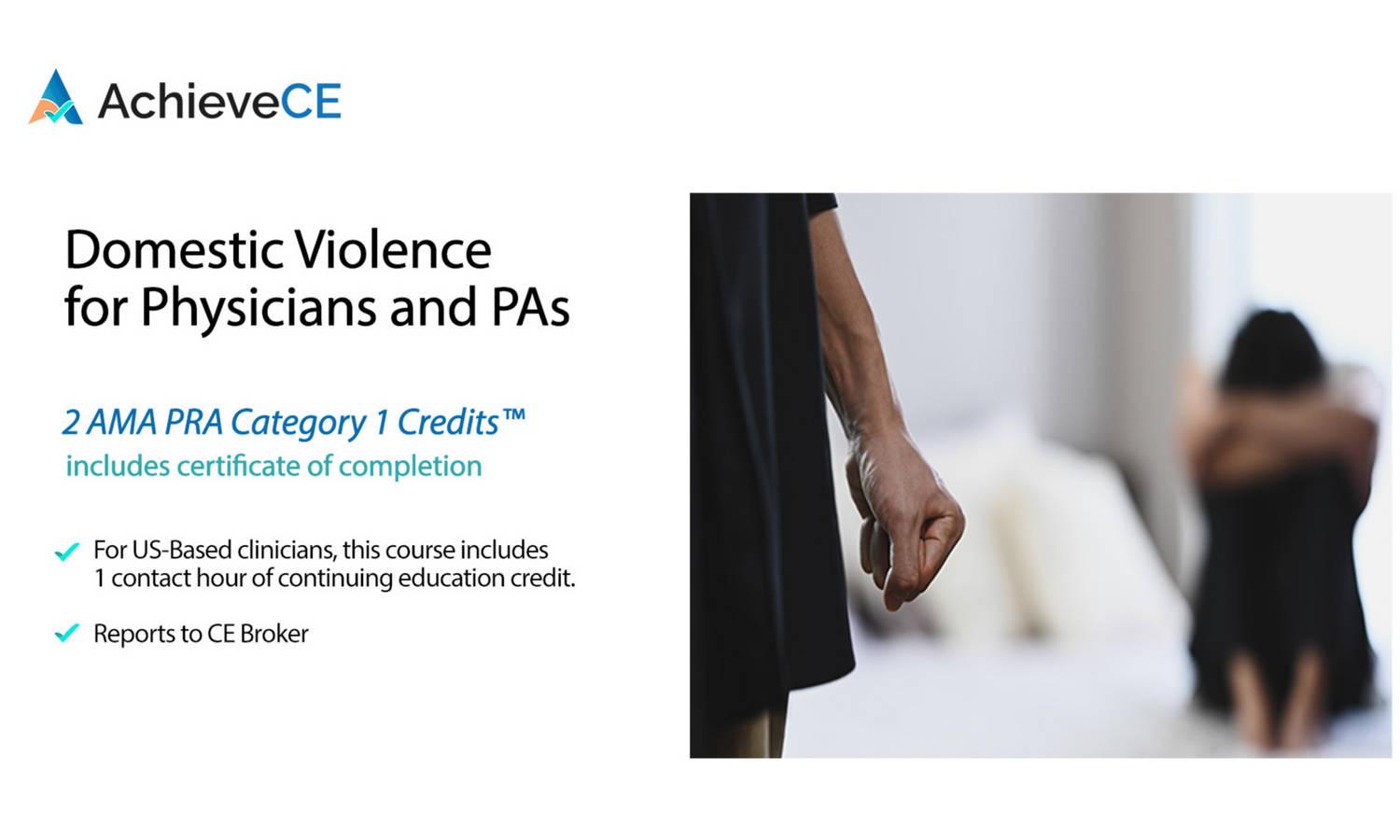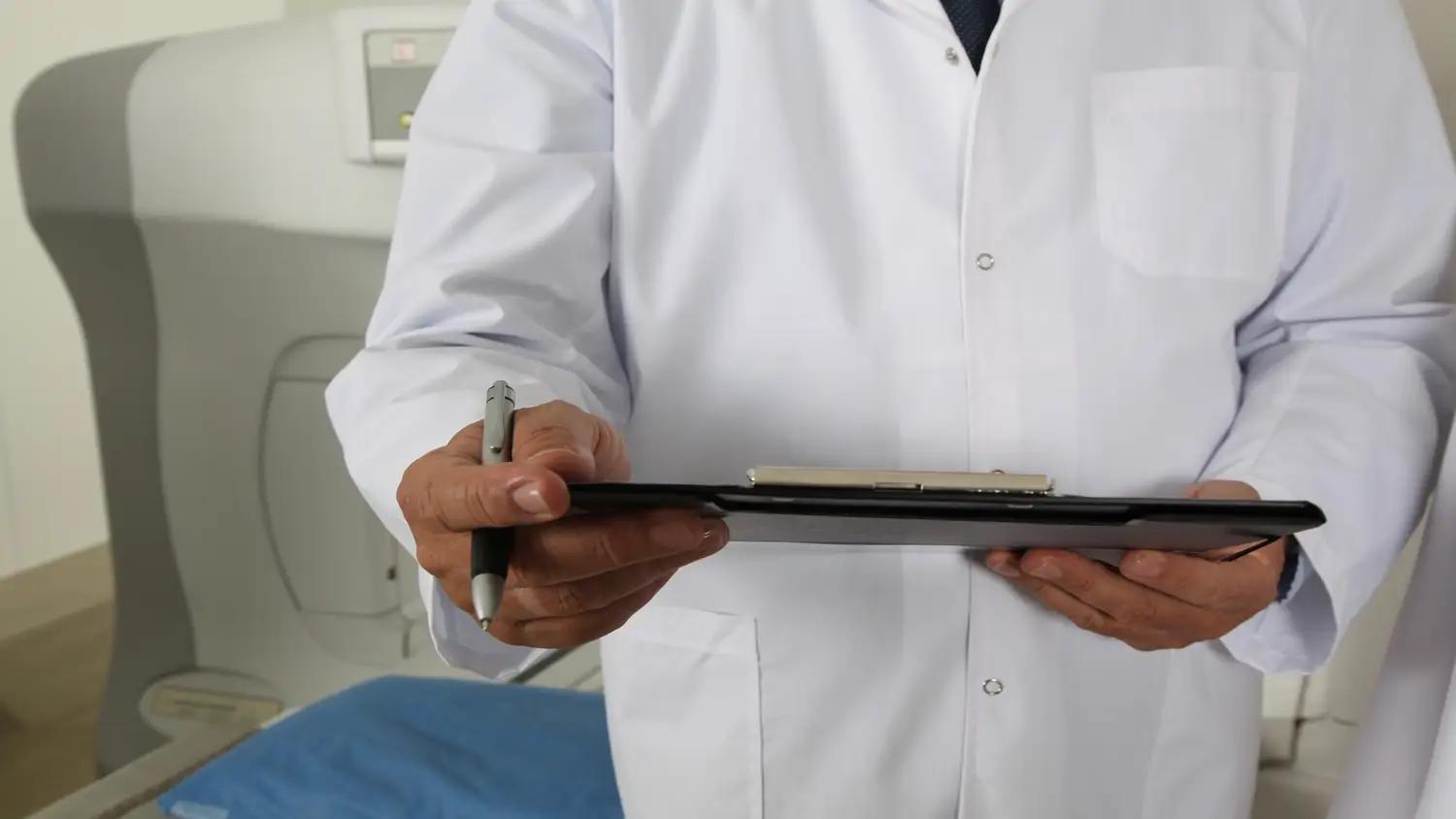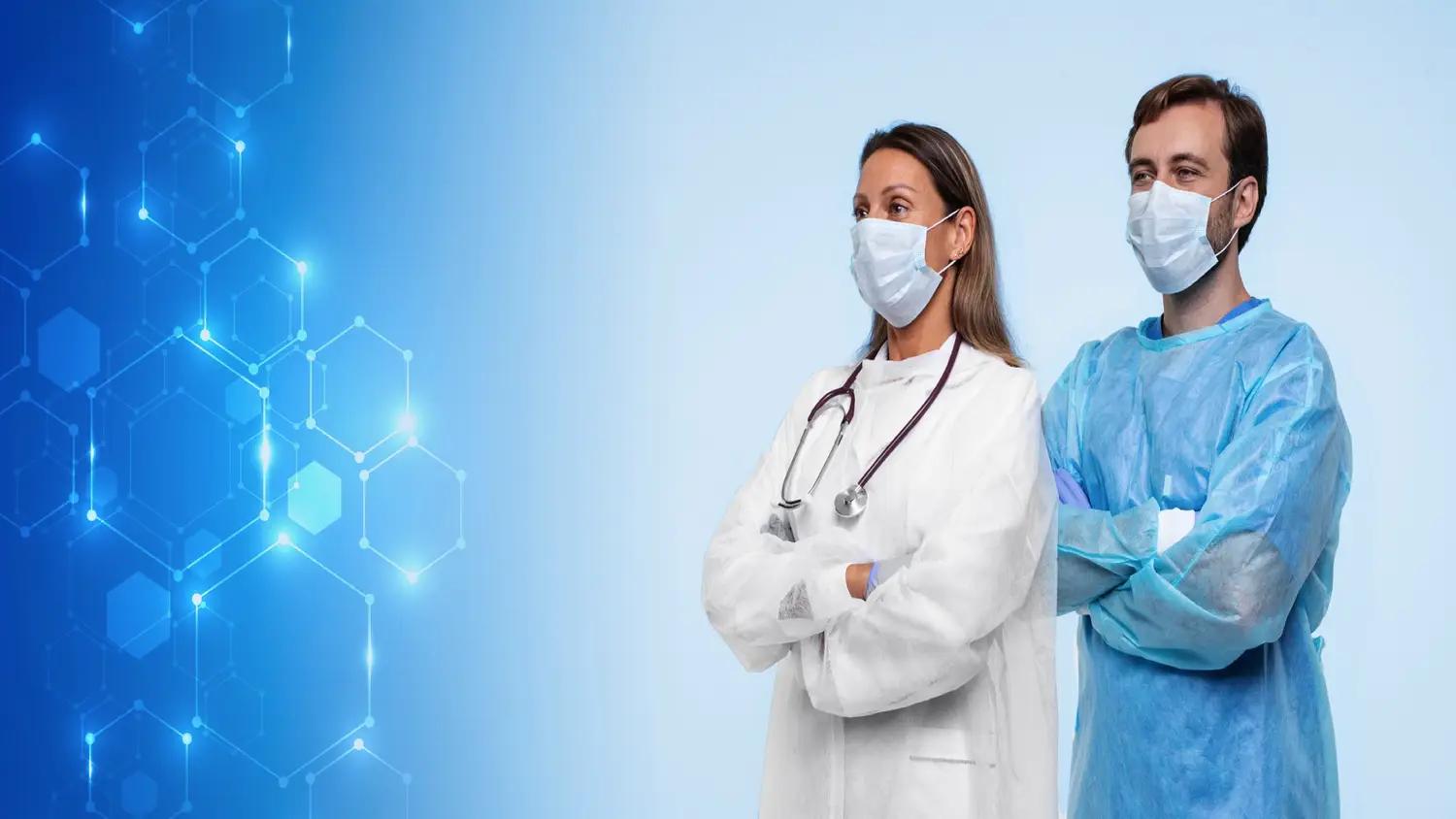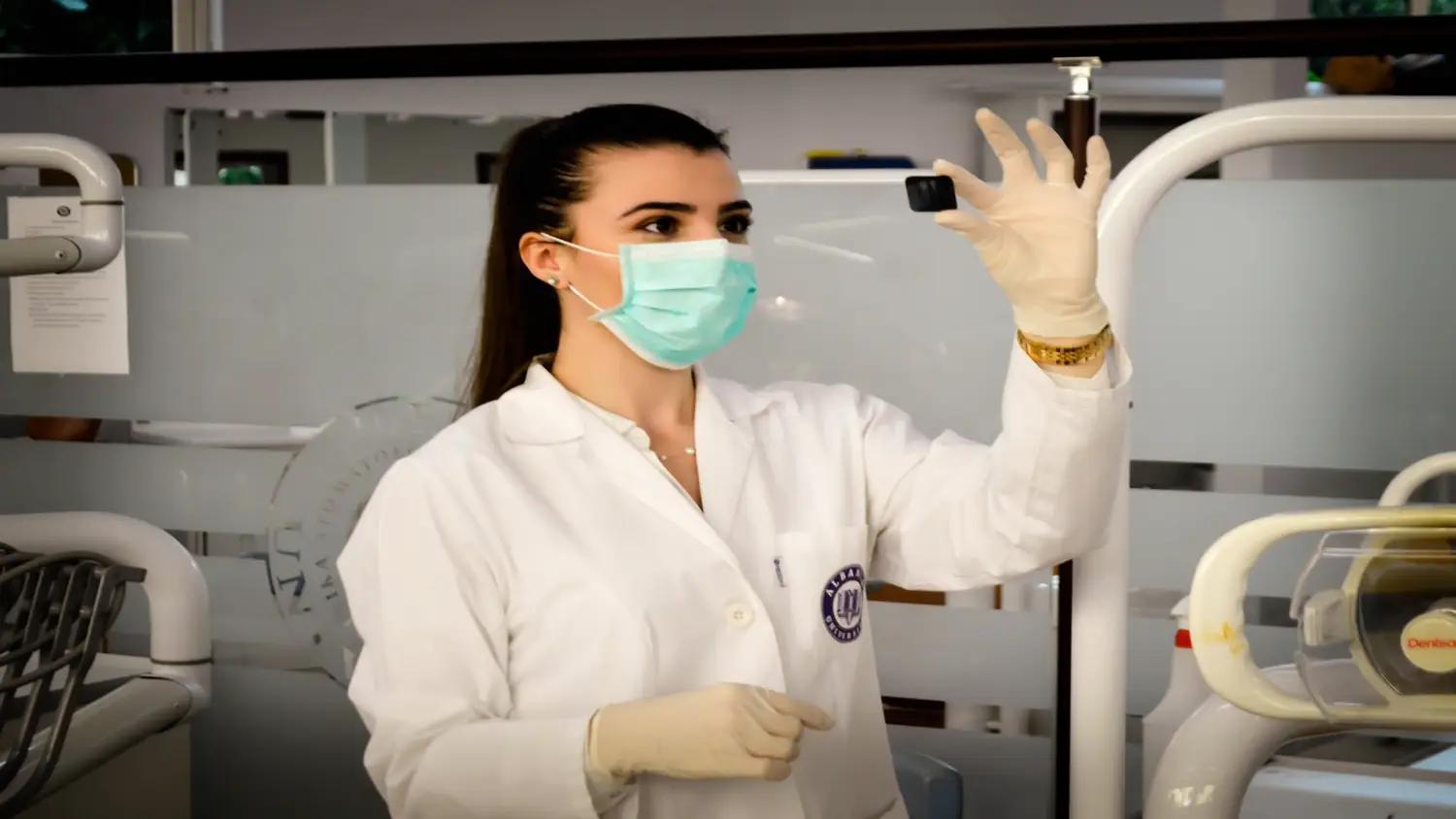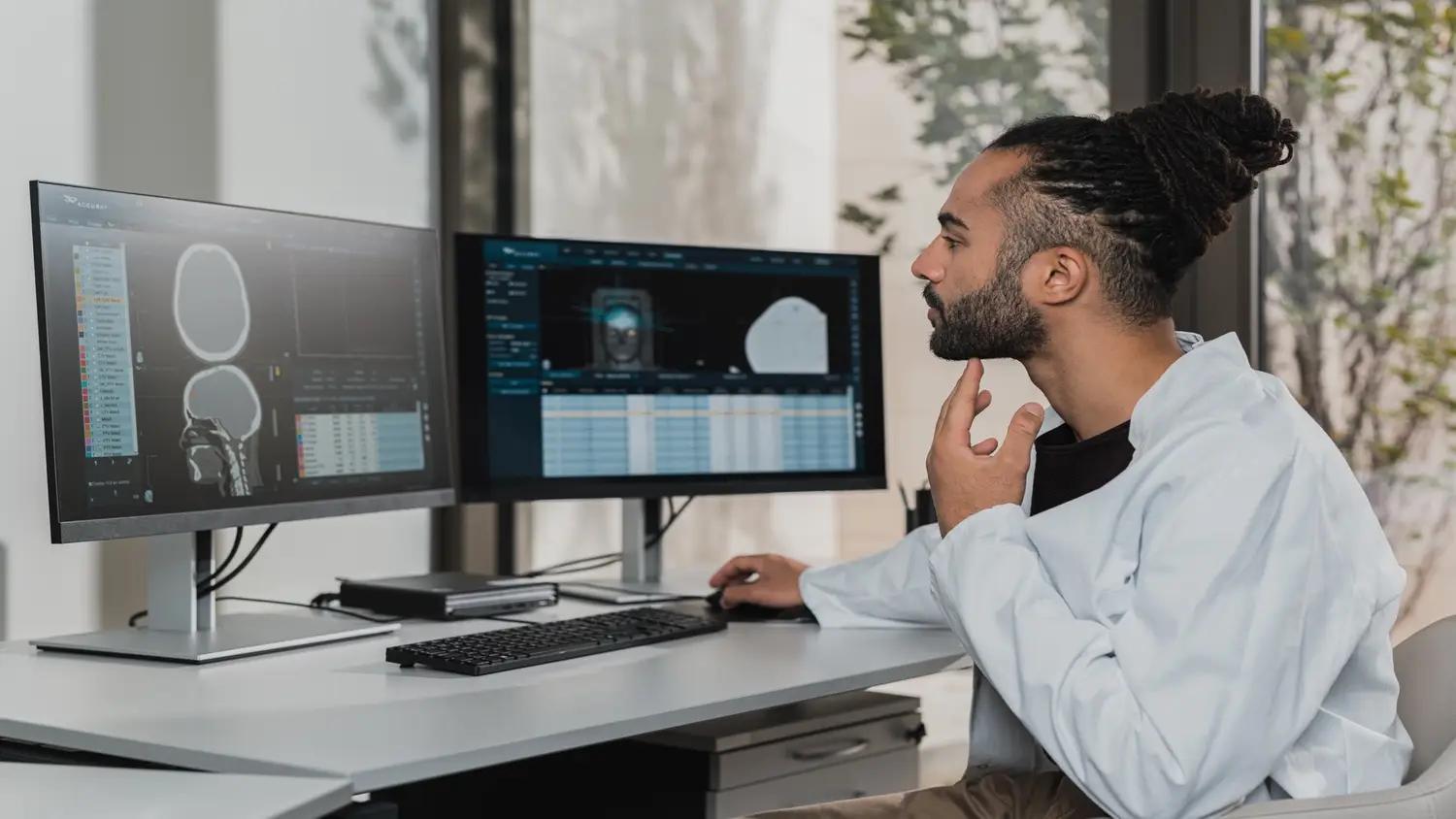
2nd Congress of International Society of Pediatric Respiratory Diseases (INSPiRED)
 hosted byParagon Group
hosted byParagon Group2nd Congress of International Society of Pediatric Respiratory Diseases (INSPiRED) is organized by Paragon Group and will be held from Jul 04 - 07, 2024 at, Porto, Portugal.
Description:
At the International Society of Pediatric Respiratory Diseases (INSPiRED), our vision is to transform the landscape of pediatric respiratory healthcare worldwide, ensuring every child breathes freely and thrives. We envision a future where children, regardless of their geographic location, socioeconomic status, or medical condition, have access to the highest quality respiratory care, leading to healthier and happier lives.
Our commitment is to be at the forefront of pediatric respiratory research, innovation, and education, uniting experts and advocates from diverse backgrounds and cultures to advance the science and practice of pediatric respiratory medicine. Through collaboration and knowledge-sharing, we aim to create a global network of professionals dedicated to improving the respiratory health of children.
In pursuit of our vision, we aspire to:
Global Collaboration: We will cultivate a diverse and inclusive international community of healthcare providers, researchers, policymakers, and advocates, fostering collaboration and exchange of knowledge to better serve the needs of children worldwide.
Education and Training: We will provide comprehensive education and training opportunities for healthcare professionals, empowering them with the knowledge and skills needed to provide the best care for pediatric respiratory patients.
Accessibility and Equity: We will work tirelessly to eliminate disparities in access to pediatric respiratory healthcare, striving for equity in outcomes and opportunities for all children.
Advocacy and Awareness: We will be champions for pediatric respiratory health, advocating for policies and initiatives that prioritize the well-being of children and raise awareness about the impact of respiratory diseases on their lives.
Patient-Centered Care: We will advocate for patient-centered care, ensuring that children and their families are actively involved in treatment decisions and receive compassionate, holistic care that considers their physical, emotional, and social well-being.
Foster Excellence: We will continually promote excellence in pediatric respiratory care, research, and education, setting the highest standards for clinical practice, patient outcomes, and scientific discovery.
Innovation and Research: We will encourage and support groundbreaking research and innovation, driving the development of new treatments, technologies, and therapies to address pediatric respiratory diseases comprehensively.
Through unwavering dedication to our vision, INSPiRED aims to be the driving force in advancing the field of pediatric respiratory medicine, making a lasting and positive impact on the lives of children and their families across the globe. Together, we can create a world where every child breathes freely and realizes their full potential.
Our main goals are prevention and diminishing childhood morbidity and mortality from lung diseases:
Access to Clean Air and Pollution Control: Advocate for policies and initiatives that reduce air pollution from sources such as industrial emissions, transportation, and indoor sources. Promote the use of cleaner energy sources and technologies to reduce respiratory irritants.
Smoke-Free Environments: Implement and enforce stringent laws and regulations to eliminate smoking in public spaces, homes, and cars. Provide resources and support for smoking cessation programs for parents and caregivers.
Promote Vaccination Programs: Ensure access to vaccinations for preventable respiratory infections, including influenza and pneumonia. Implement widespread vaccination campaigns, especially in low-resource areas.
Respiratory Education for Parents and Caregivers: Provide resources and education to parents and caregivers on recognizing respiratory symptoms, such as coughing and wheezing, and seeking timely medical care. Educate parents on the dangers of secondhand smoke and the importance of smoke-free environments.
Asthma Management and Education: Develop asthma education programs for parents, children, and teachers to improve asthma management. Ensure that asthma medications and inhalers are affordable and accessible.
Prevent and Treat Respiratory Infections: Promote proper hygiene, especially in schools and healthcare settings, to reduce the spread of respiratory infections. Ensure access to antibiotics and antiviral medications to treat respiratory infections promptly.
Nutrition and Obesity Prevention: Encourage healthy eating habits and physical activity to prevent childhood obesity, which can contribute to respiratory issues. Promote breastfeeding, as it provides essential nutrients and immune protection for infants.
Maternal and Child Health Support: Provide comprehensive prenatal and postnatal care to reduce the risk of premature birth and low birth weight, both of which can affect respiratory health. Support initiatives that promote healthy pregnancy and childbirth practices.
Access to Healthcare Services: Advocate for improved access to healthcare services, especially in underserved areas and low-resource countries. Support telemedicine and mobile health clinics to provide remote access to healthcare expertise.
Research and Development: Invest in research to better understand pediatric respiratory diseases and develop more effective treatments and therapies. Promote international collaboration to share research findings and best practices.
Legislation and Policy Advocacy: Advocate for policies and regulations that protect children from exposure to harmful substances, including tobacco, indoor pollutants, and outdoor air pollution. Support policies that ensure access to affordable healthcare services for all children.
Global Awareness and Partnerships: Partner with international organizations, governments, and NGOs to coordinate efforts and share resources for improving global respiratory health in children. Raise awareness about the importance of children’s respiratory health on a global scale.
Education and Training for Healthcare Providers: Train healthcare professionals, especially in resource-limited areas, to diagnose and treat pediatric respiratory conditions effectively. Provide continuing medical education opportunities for pediatricians and respiratory specialists.
Improving respiratory health in children worldwide requires a comprehensive approach that addresses preventive measures, education, advocacy, and international collaboration. By implementing these strategies, we can work toward ensuring that children everywhere have the opportunity to grow up with healthy lungs and better overall health.
Conference Topics
• Asthma and allergy
• Community acquired pneumonia and its complications
• Bronchiolitis, bronchiolitis obliterans and effect on adult lung morbidities
• New vaccines
• Respiratory infections – mycoplasma, chlamydia, fungi and others
• Lung microbiome
• Tuberculosis and non-tuberculous mycobacteria
• Diagnosis and management of congenital anomalies
• Interstitial lung diseases
• Lung physiology, lung immunology and lung development
• Control of ventilation
• Non-invasive ventilation
• Chest Wall and Respiratory Muscle Disorders
• Laryngeal and Tracheal Airway Disorders
• Gastroesophageal Reflux Disease and Eosinophilic Esophagitis
• Respiratory Disease in Children with Neurodevelopmental Disabilities
• Normal and disordered Sleep – Obstructive and central sleep apnea
• Pulmonary hypertension
• Acute lung injury
• Pulmonary function tests in infancy and beyond
• Exercise- CPET
• ARDS
• Primary Immunodeficiency and Other Diseases With Immune Dysregulation
• Pulmonary Embolism and Thromboembolic Disease
• Diffuse Alveolar Hemorrhage
• Hypersensitivity Pneumonitis and Eosinophilic Lung Diseases
• Neonatal lung disease, BPD
• Pulmonary Involvement in the Systemic Inflammatory Diseases of Childhood
• Cystic fibrosis
• PCD
• Non-CF Bronchiectasis
• Smoking prevention
• Bronchoscopy
• Lung Imaging – US, CT and MRI
• Effect of environmental pollution
• Telemedicine
• Pediatric Lung Transplantation
• Novel Therapies
Additional Details Will Be Posted as Soon as Information is Available.

